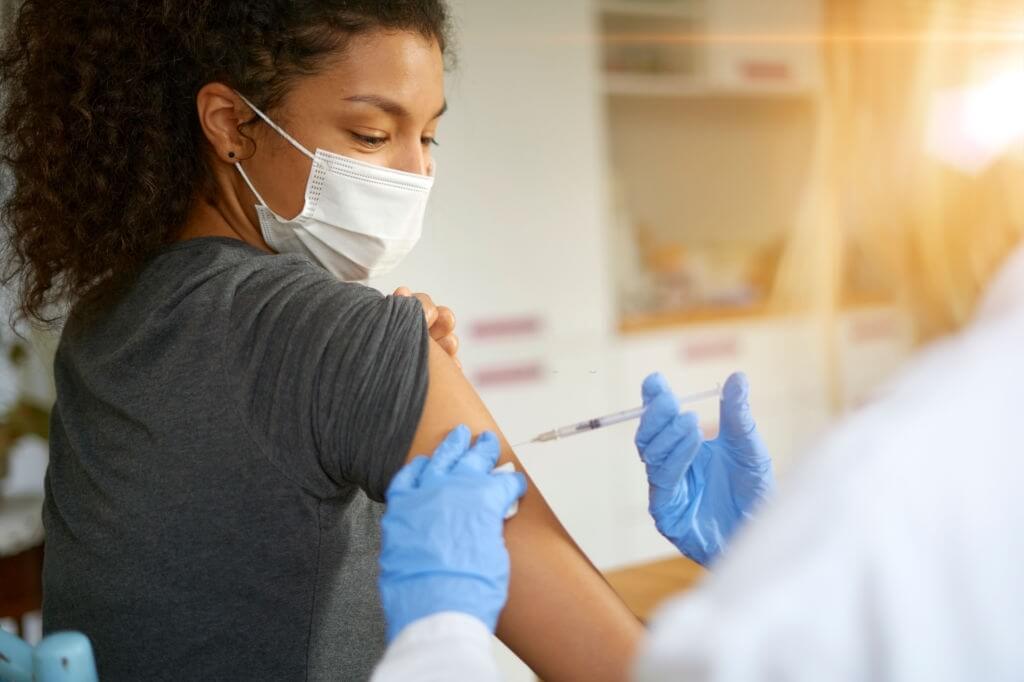An additional dosage of a vaccine is required to ‘boost’ the immune system on a regular basis. Adults, for example, should have a booster shot of tetanus and diphtheria (Td) vaccine every ten years.
According to doctors and researchers, many patients may not need booster shots to extend the protection of COVID-19 immunizations, according to a major scientist behind the AstraZeneca vaccine.
Many People May Not Need Booster Doses, According To AstraZeneca
From day one of vaccination, the booster dose has been a point of debate. As per experts, everyone does not need a booster dose as in a normal individual the dose of vaccine will be enough to create required antibodies and protect from infection. Those who suffer from a severe ailment such as cancer or others may need the booster dose to have improved immunity in a short span.

Professor Sarah Gilbert of Oxford University told The Telegraph that the vaccine’s immunity was holding up well, even against the delta form. While the elderly and those with compromised immune systems may require boosters, most people can get by with the usual two-dose routine.
The USA took control over handling the situations in a very positive way; they looked into each case closely. The less Immune System people and the elderly group were given boosters, to increase their immune system.
The remarks come as the Joint Committee on Vaccination and Immunization, an expert council that advises the British government, is set to offer recommendations on the scope of any booster campaign in the coming days. The Pfizer and AstraZeneca vaccinations are safe to use as boosters…
The world’s goal, according to Gilbert, should be to get more vaccines to countries that have received insufficient quantities.
People who have had a severe adverse reaction to any component of the vaccination in the past should avoid it. In the meanwhile, until the findings of more trials are available, the vaccination is not recommended for people under the age of 18.
Cardiovascular virus antibody levels begin to decline as soon as six weeks after complete vaccination with Pfizer and AstraZeneca jabs and can drop by more than half in ten weeks, indicating the need for booster doses.
We have a very high T-cell generation rate using the technology we utilize. We’re attempting to develop a long-lasting vaccination that can protect people for a long time. So it’s unclear if we’ll need a third booster or not; only time will tell.”
T-cells are a type of white blood cell that play a variety of roles in the body’s defense against invading viruses. They may, for example, assault the pathogen or aid in the manufacture of antibodies by certain white blood cells.
The business revealed on Thursday that revenue from its Covid-19 vaccine hit nearly $1.2 billion in the first half of the year.
AstraZeneca said in its results report that revenue from vaccine sales helped the Anglo-Swedish pharmaceutical company improve its total revenue for the first half by 23 percent to $15.5 billion.
In the second quarter, earnings from the Oxford-AstraZeneca Covid-19 vaccine more than tripled compared to the preceding three months.
The company’s half-year profit increased 14% over the first half of 2020 without vaccine revenues.
Following the acquisition of Alexion, a U.S. pharmaceutical business, AstraZeneca revised its full-year projection, predicting a low-twenty percent growth in overall revenue.
Because of “heightened risks and uncertainties from the effects of Covid-19, particularly the impact from potential new treatments for Covid-19 in clinical development,” income from its Covid-19 vaccine was not incorporated into the guidance.
Variations in the company’s financial performance are expected to continue between quarters, according to the company.